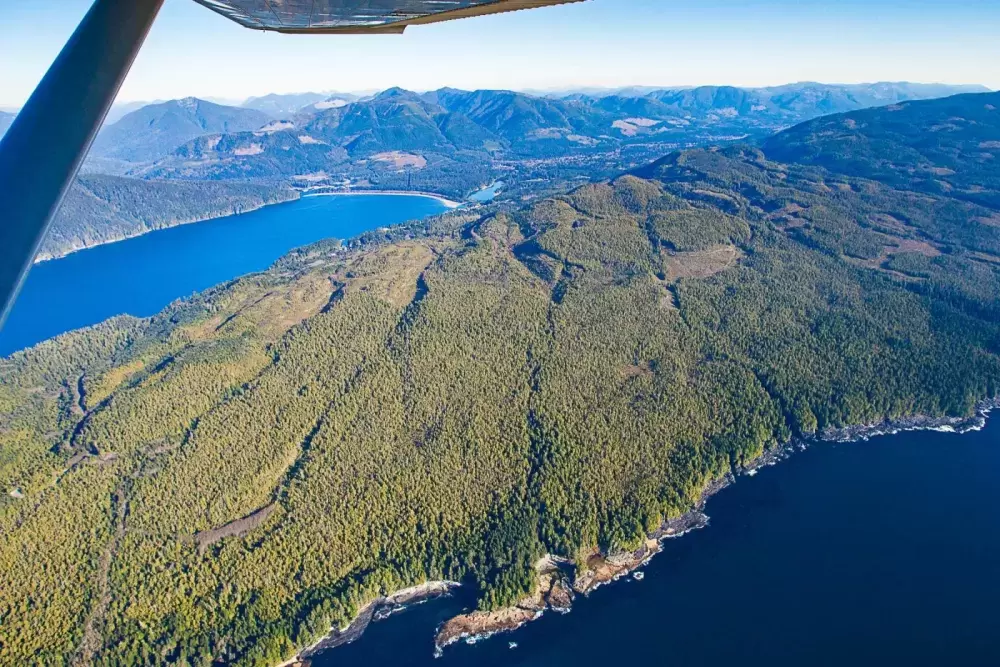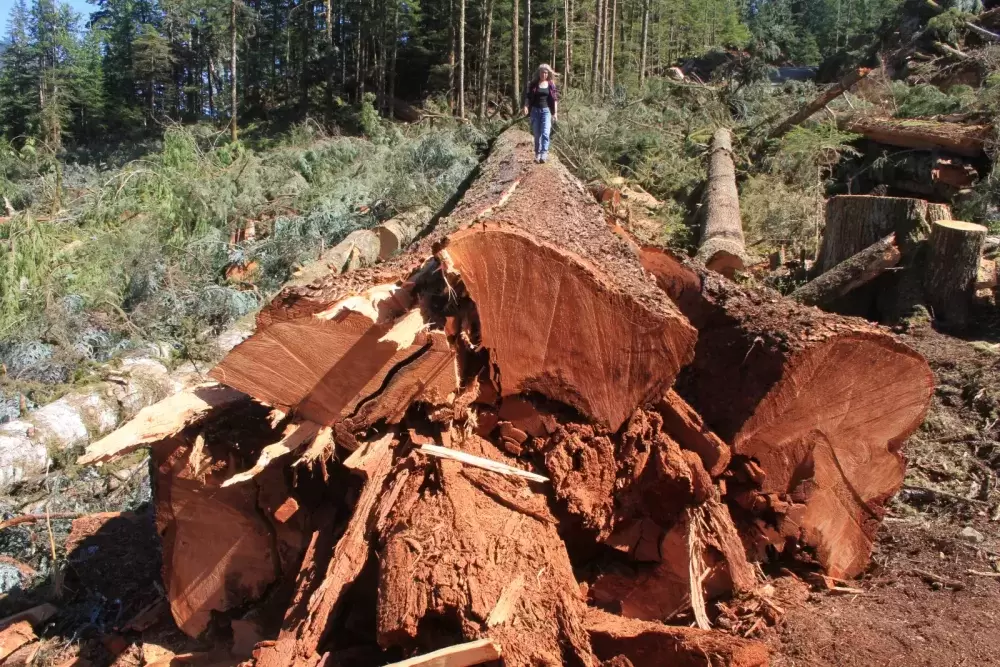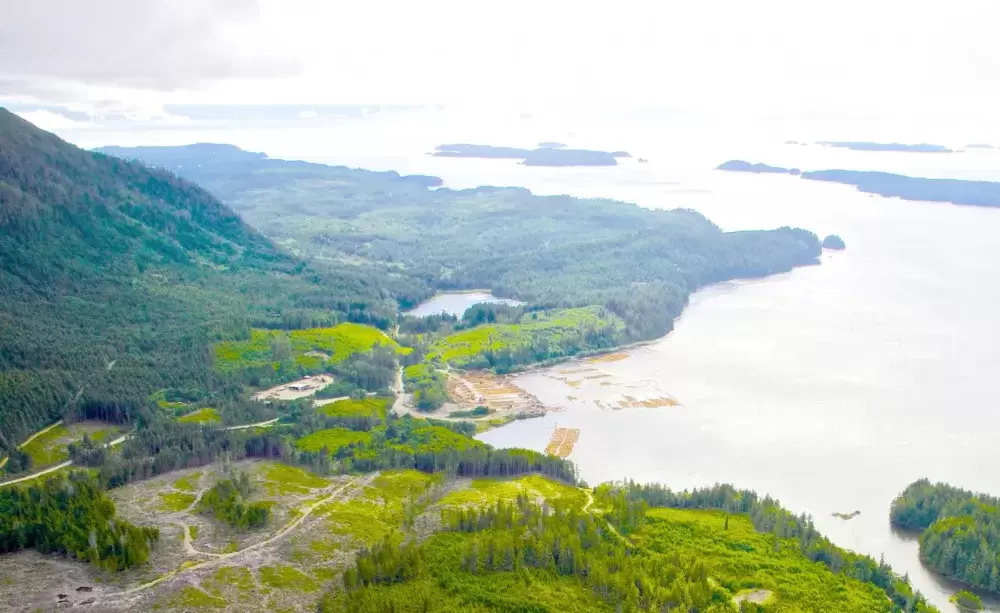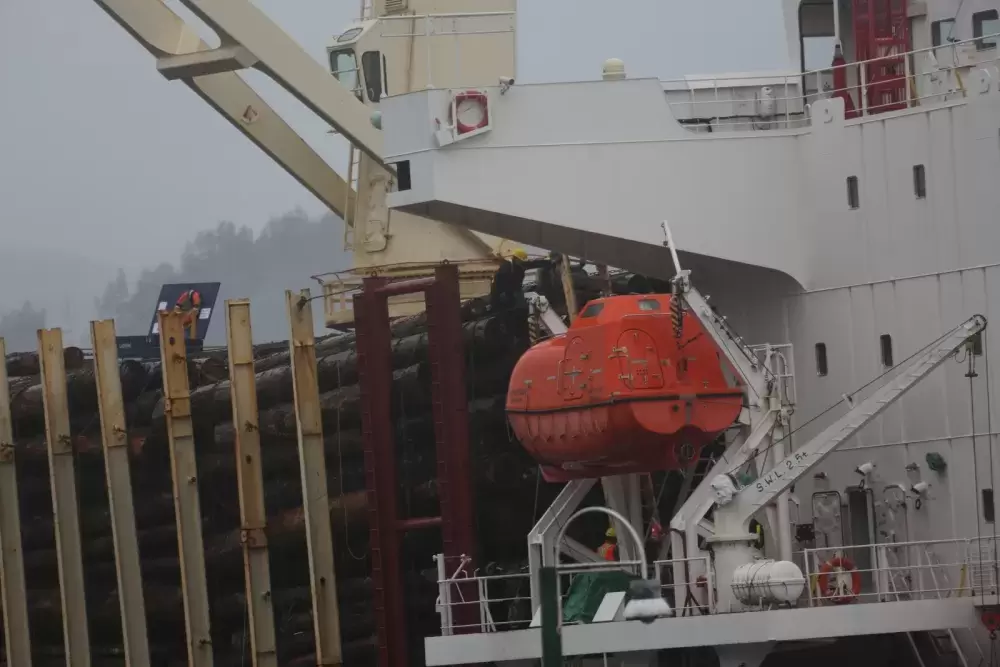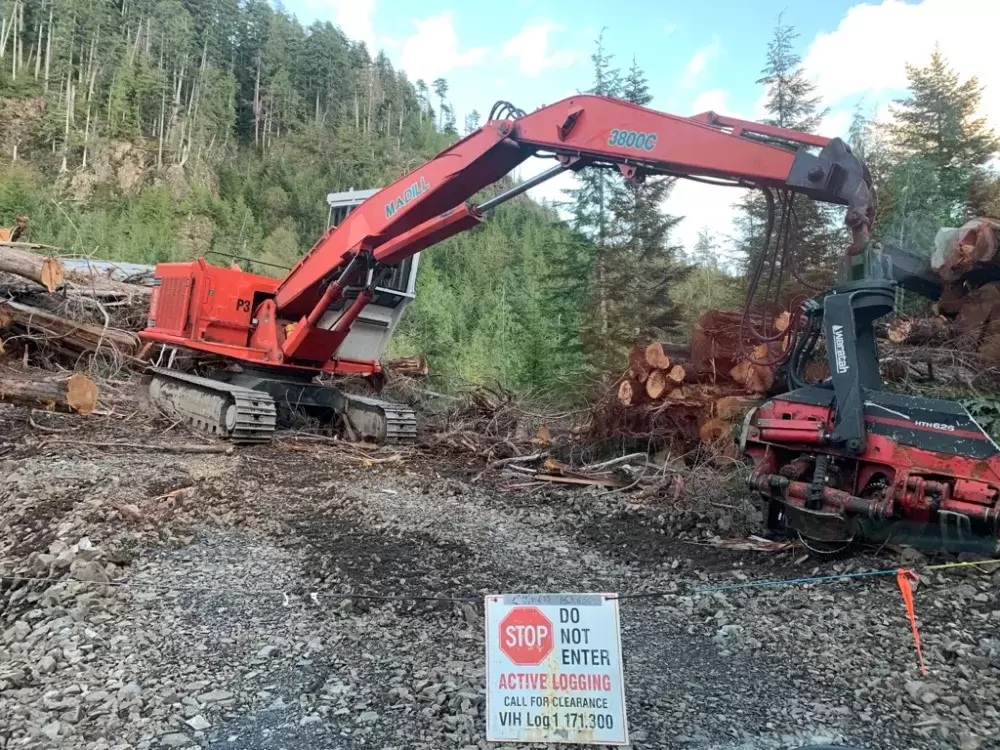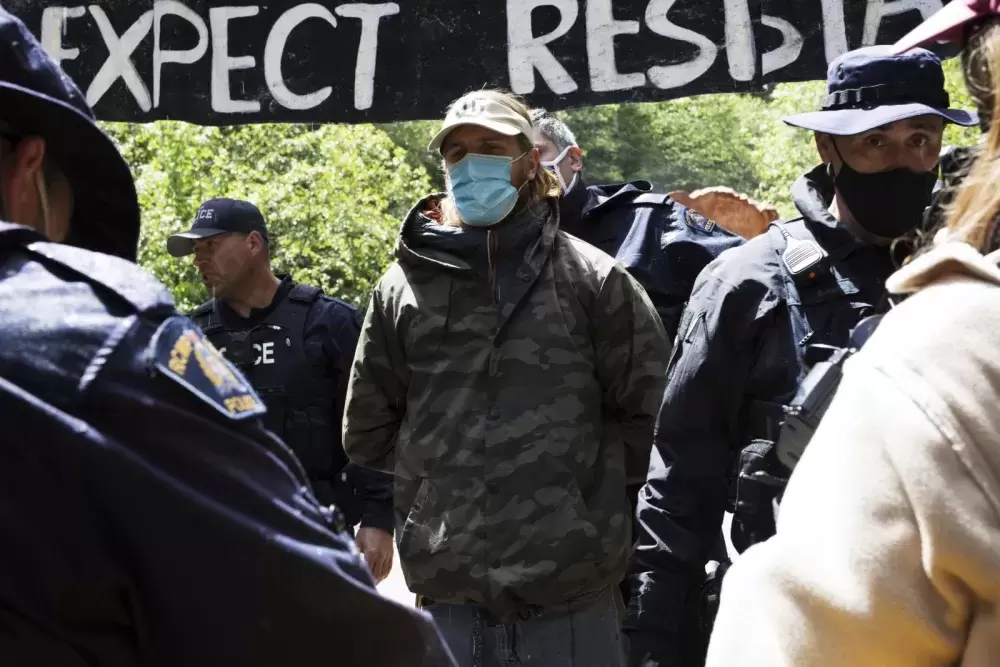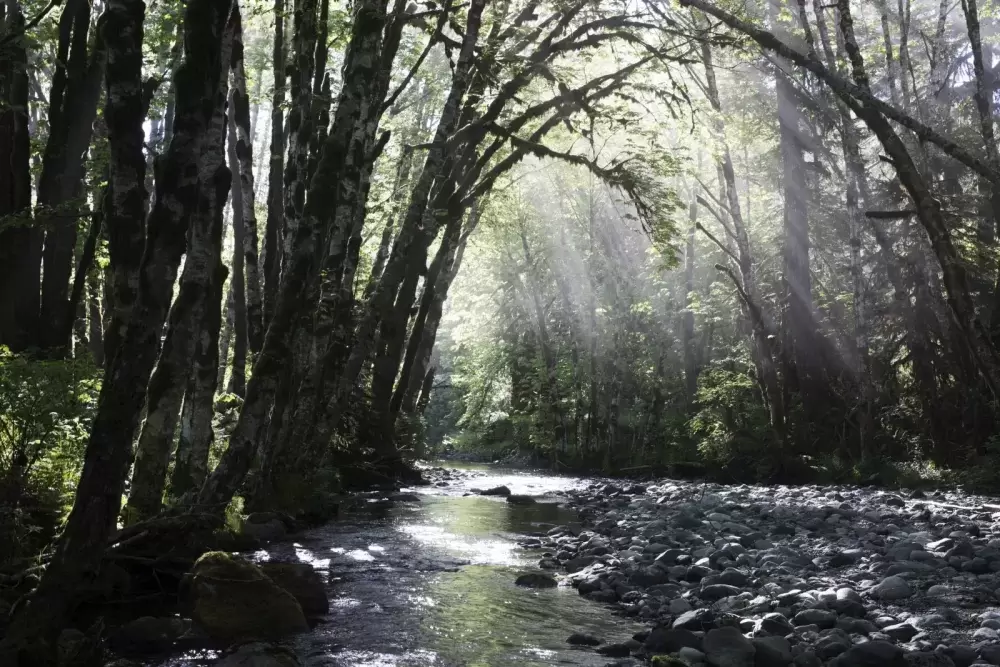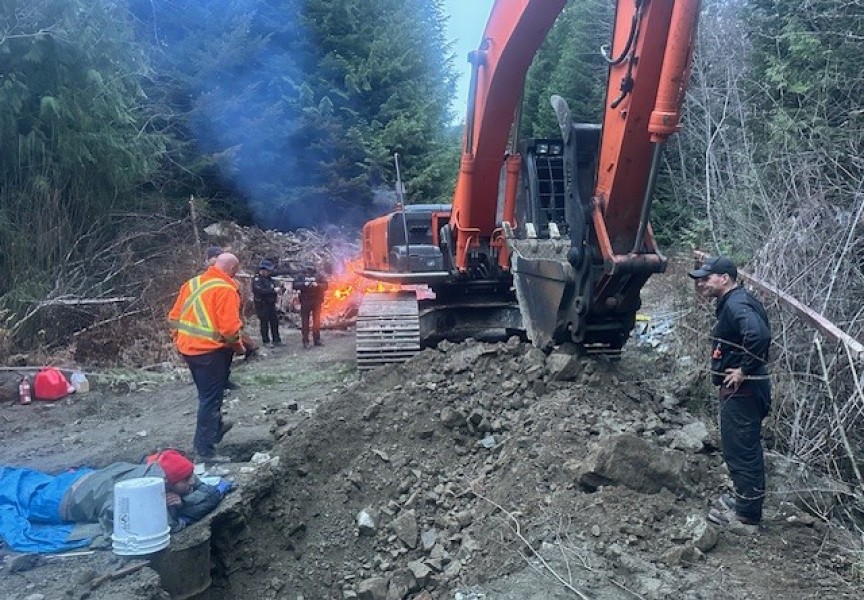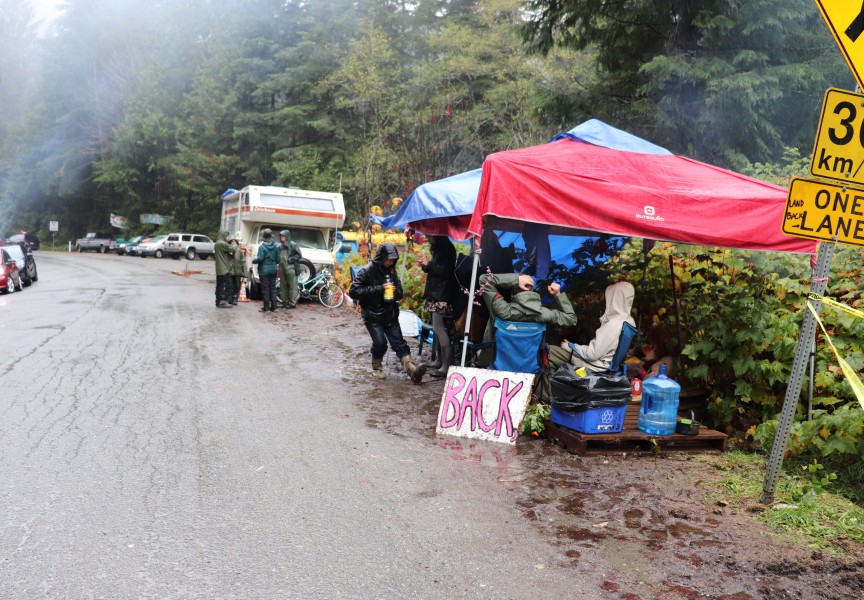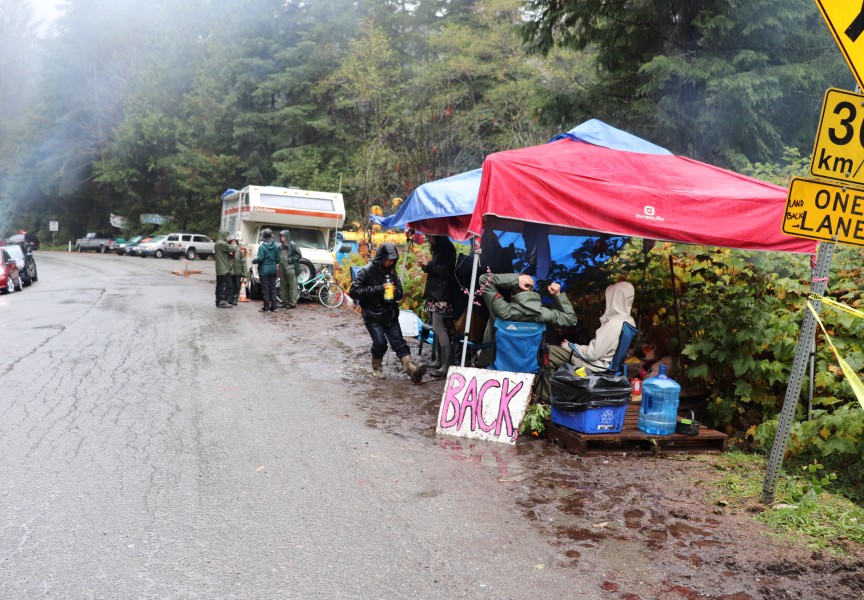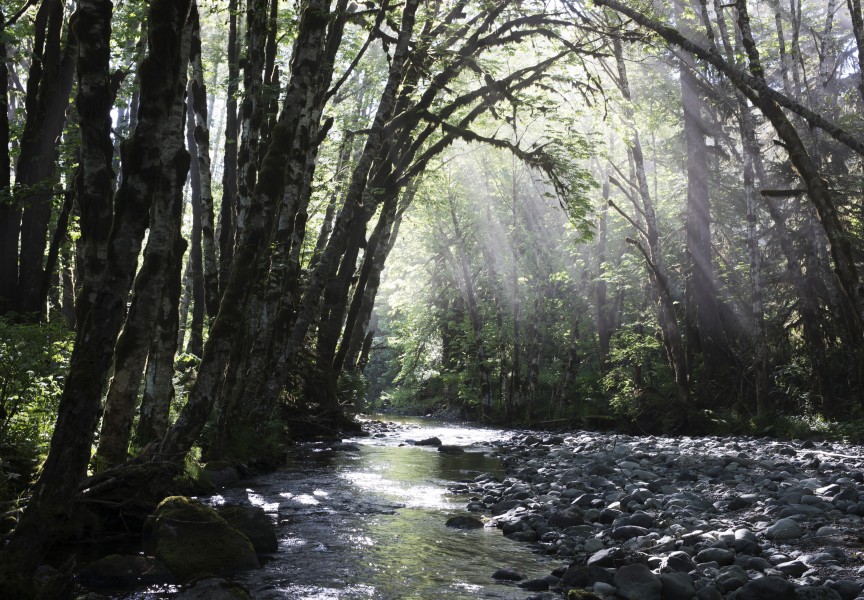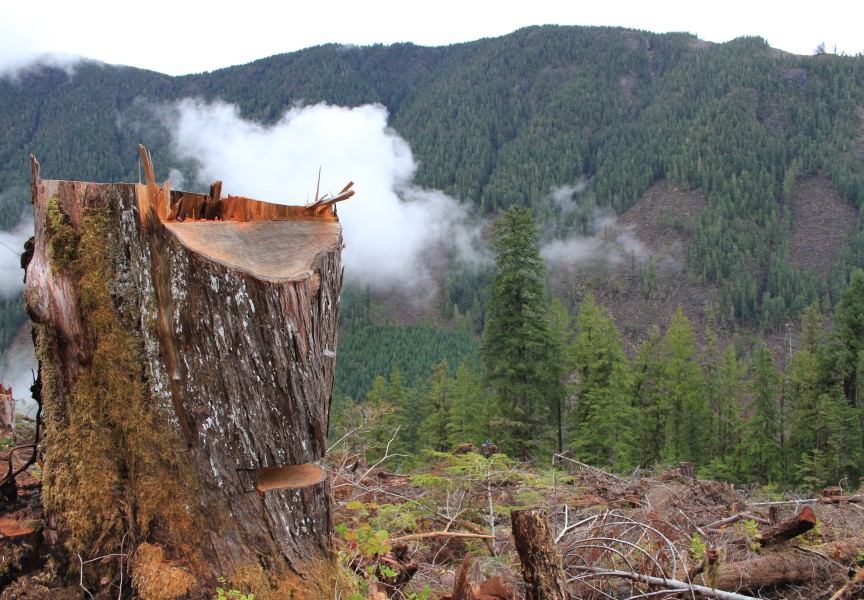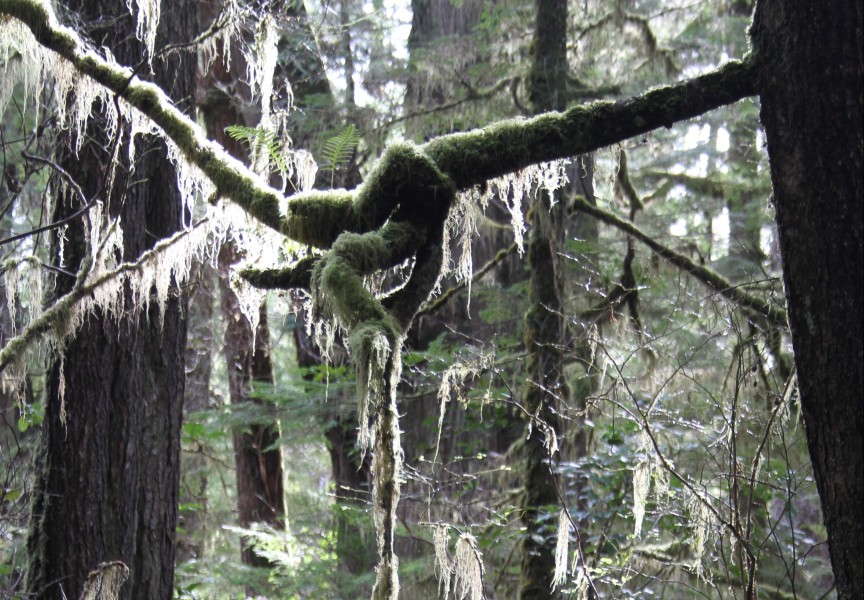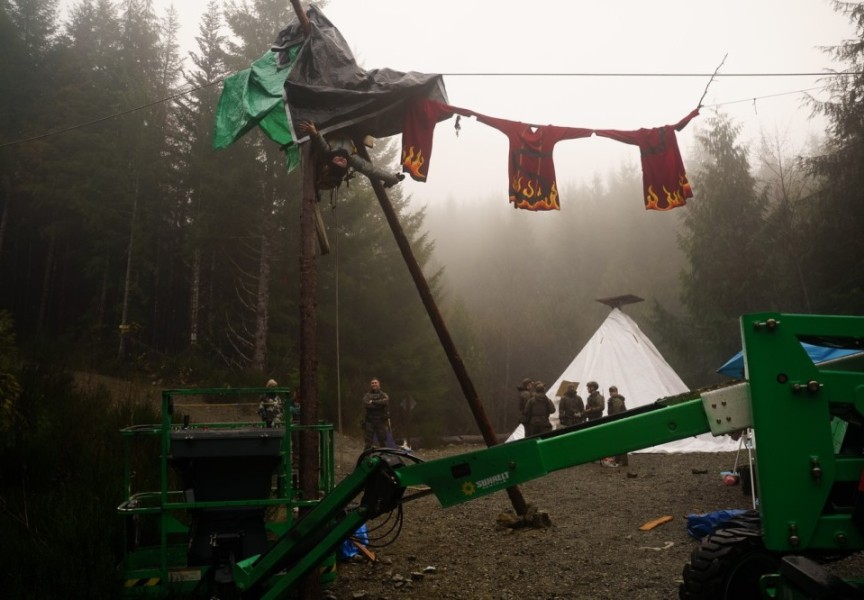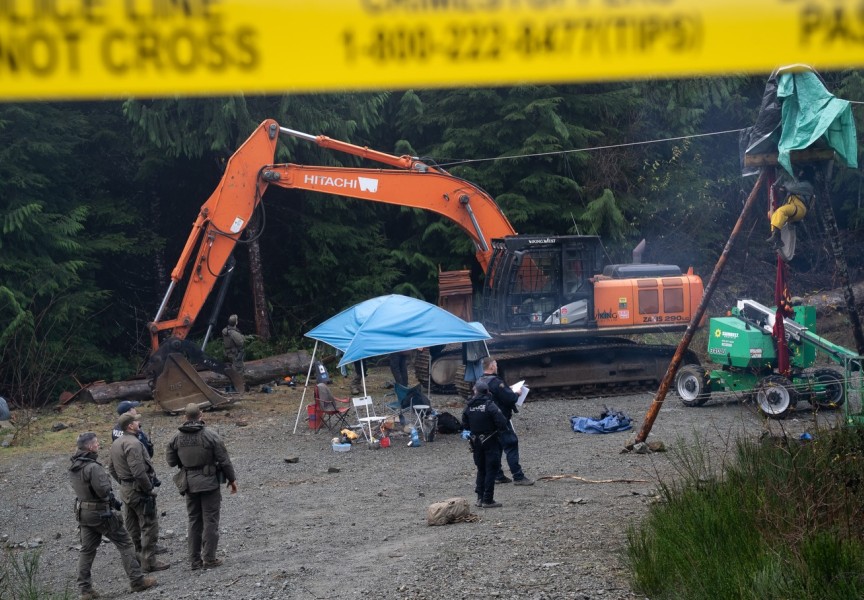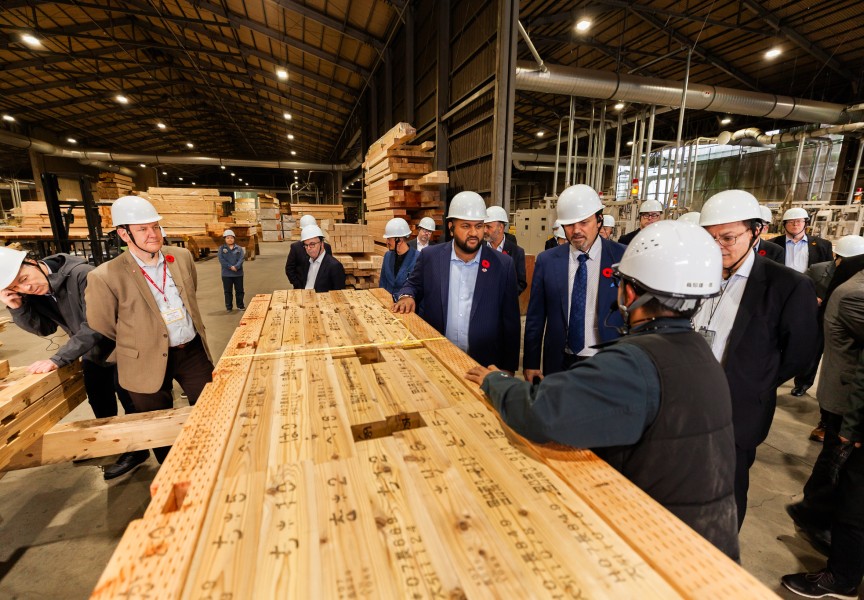First Nations say they were not adequately consulted before the B.C. government laid its old-growth strategy on the table with major implications for forests in their territories.
Premier John Horgan announced Tuesday harvest deferrals within 2.6 million hectares of B.C. forest land represent a fundamental shift in how forests are managed in the province.
“Following the recommendations of the Old Growth Strategic Review, we are taking steps to fundamentally transform the way we manage our old-growth forests, lands and resources,” Horgan said.
Logging deferrals are a temporary measure to prevent irreversible biodiversity loss while “First Nations, the province and other partners develop a new approach to sustainable forest management that prioritizes ecosystem health and community prosperity,” the government said in a news release.
But the First Nations Forestry Council, a body that advocates for First Nations, said the government ignored repeated calls for proper consultation.
“The nations are frustrated,” said Charlene Higgins, executive director.
Some nations have the resources to meet the government’s 30-day timeline for deciding whether they support the deferrals, but most do not, she said. Forests, on the other hand, matter to all First Nations and the implications of the deferrals are “huge.” A resource management plan takes two to five years to complete and may cost between $3 million and $5 million, she estimated.
There was no response to a letter the FNFC released last summer, endorsed by 20 chiefs, calling for more consultation, Higgins said. Many First Nations were under evacuation orders due to wildfire when the Ministry of Forests, Lands and Natural Resource Operations held only three days of consultation in August, she added.
“They’re ignoring input and recommendations from First Nations,” Higgins said. “They should be working in collaboration and co-operating with us.”
Hereditary Huu-ay-aht Chief ƛiišin, Derek Peters, and Chief Counsellor Robert Dennis Sr. issued a joint statement, saying they will “take the time we need to get it right” while expecting to reach a decision whether to defer old-growth logging by January 2022.
They were briefed by the province prior to Tuesday’s announcement.
“We were advised that the B.C. government will not implement any further deferrals within our ḥahuułi without our prior agreement arrived at through government-to-government engagement,” the two wrote.
An integrated resource plan by Huu-ay-aht First Nations is already underway that will help inform their decision.
Meanwhile, Dennis and Peters will host the Anacla Old Growth Summit on Nov. 23 to hear from forestry professionals more about what they feel is a gap in scientific data on old growth and to discuss the Huu-ay-aht approach to old-growth management.
The province’s announcement drew stern criticism from one group representing those who work in the forest sector. B.C. Forestry Alliance forecast widespread closures for contracting businesses and mills with additional impacts on services in surrounding communities.
“We acknowledge changes are necessary in old growth forest management,” said Carl Sweet of the B.C. Forestry Alliance. “But we question who is driving this process, especially when it is certain that peoples’ and communities’ livelihoods will end should all these deferrals come to reality.”
Forests Minister Katrine Conroy said the province will develop supports to help forest workers and communities, including First Nations, to offset job and economic impacts.
“We are committed to working in partnership with First Nations to make sure we get this right and to supporting workers and communities as we develop a sustainable approach to managing B.C.’s old-growth forests,” Conroy said.
When the two-year deferral period ends, the newly identified at-risk forests will either be added to B.C.’s 3.5 million hectares of old-growth forests already off-limits to harvesting or included in the new forest management plans.
“It means Indigenous peoples are full partners [in] sustainable forest management,” Conroy stressed.
Garry Merkel, a Tahltan professional forester who helped author the old-growth strategic review, put it succinctly: Forests in B.C. are logged using the wrong paradigm — according to the wrong underlying assumptions — to ensure survival of old-growth forests.
“Right now, we’re in an all-or-nothing paradigm,” Merkel said, referring to impacts from clear-cut logging. “This is saying, ‘Take it, but take it gently’.”
Deferral is the first step in a process that requires systemic change, one that will protect whole ecosystems, he explained.
“Without the underlying ecosystems, you can’t sustain old-growth forests,” Merkel said. “These are not renewable. In periods of climate change, they will never come back.”
Potential for protecting old-growth forests lies with Bill 23 in the form of changes to the province’s Forest and Range Practices Act. These will address shortcomings in the existing legislation, Merkel said.
“One of the more significant changes is the addition of forest landscape plans into the planning framework,” he explained. “These plans provide a practical way to ensure that landscape level objectives such as managing biodiversity and other important values are addressed in a co-ordinated way, while ensuring that local concerns are accommodated through direct involvement in the planning process,” Merkel said.
Forest landscape plans developed in collaboration with First Nations replace the current practice of forest stewardship plans, which allowed little room for Indigenous input. Forest landscape planning is already in practice by Esdilagh First Nation in the Quesnel area with the goal of providing better protection for biodiversity.
Yet the changes proposed in Bill 23 have had zero input from First Nations, Higgins said.
“Consultation is not being done in a meaningful way and it’s disrespectful,” she said.
The ministry stated in a technical brief that details of forest stands mapped and designed by a panel of experts have been shared with First Nations so they can advise how to proceed on deferrals within their territories.
“The province is requesting that First Nations indicate within the next 30 days whether or not they support the deferrals, require further engagement to incorporate local and Indigenous knowledge, or would prefer to discuss deferrals through existing treaties, agreements and other constructive arrangements.”
To support the deferrals, the government will immediately cease advertising and selling B.C. Timber Sales in affected areas, Conroy said.
Funding of up to $12.7 million over three years is available to support the process.

